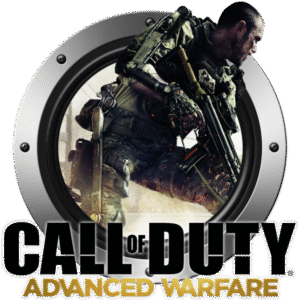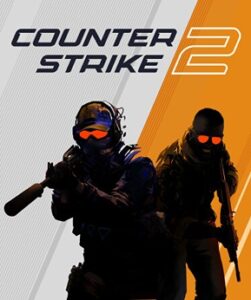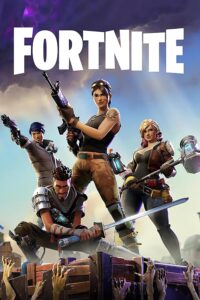Prime Video Shelves Critically Acclaimed ‘The Boys: Diabolical’ Season 2 Despite 97% RT Score, Citing Subpar Viewership
Popular Now
 EA SPORT FC 25
EA SPORT FC 25
 Sonic the Hedgehog™ Classic
Sonic the Hedgehog™ Classic
 Grand Theft Auto V
Grand Theft Auto V
 Fall Guys
Fall Guys
 Gacha Club
Gacha Club
 Brawl Stars
Brawl Stars
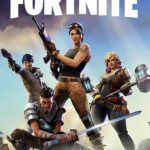 Fortnite
Fortnite
 PUBG Mobile
PUBG Mobile
 Call of Duty
Call of Duty
 FIFA 23
FIFA 23
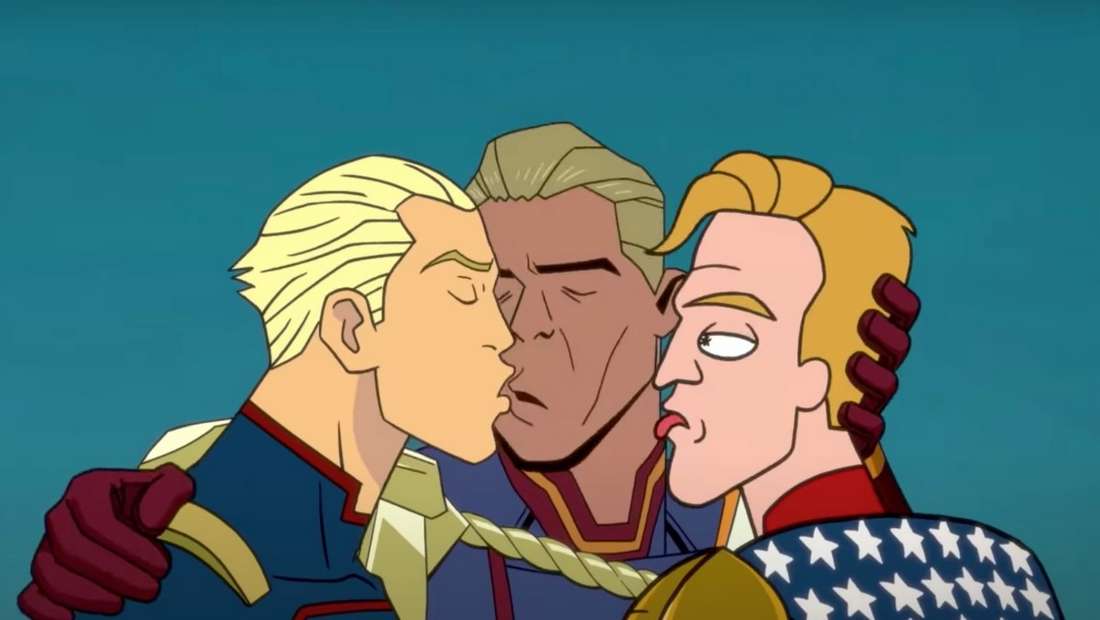 In a move that underscores the harsh realities of the modern streaming landscape, Prime Video has made the quiet but impactful decision not to proceed with a second season of the animated anthology series, “The Boys Presents: Diabolical.” The news, recently confirmed by The Boys showrunner Eric Kripke, reveals that despite an overwhelmingly positive 97% critical rating on Rotten Tomatoes—a coveted score that few superhero projects ever achieve—the spin-off simply did not generate the necessary viewer numbers to justify its continuation. This revelation has sparked discussion among industry analysts and a surprisingly muted reaction from the dedicated fan base.
In a move that underscores the harsh realities of the modern streaming landscape, Prime Video has made the quiet but impactful decision not to proceed with a second season of the animated anthology series, “The Boys Presents: Diabolical.” The news, recently confirmed by The Boys showrunner Eric Kripke, reveals that despite an overwhelmingly positive 97% critical rating on Rotten Tomatoes—a coveted score that few superhero projects ever achieve—the spin-off simply did not generate the necessary viewer numbers to justify its continuation. This revelation has sparked discussion among industry analysts and a surprisingly muted reaction from the dedicated fan base.
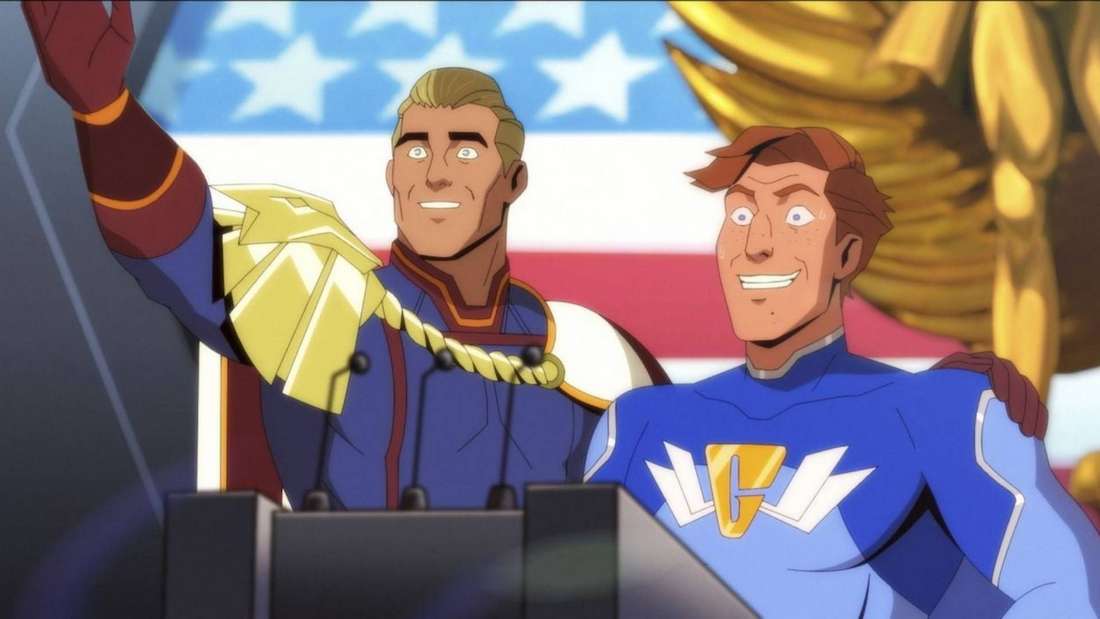 The High-Cost Reality of Low Streaming Metrics
The High-Cost Reality of Low Streaming Metrics
The cancellation of a show with such exceptional critical reception highlights a fundamental truth in the current era of premium content production and streaming platform economics. For a service like Prime Video, critical acclaim is secondary to Return on Investment (ROI), which is meticulously measured by key performance indicators (KPIs) such as total unique viewers, completion rates, and overall subscriber retention attributed to the title. Kripke was forthright in his assessment, telling The Wrap that while the creative team, including showrunner Simon Racioppa, was eager for more, the numbers “weren’t there to justify a second season, sadly.”
The eight-episode first season, which premiered in March 2022, was lauded for its bold, diverse animation styles and its unflinching, hyper-violent, and darkly comedic approach to the corrupt Supes of the Vought International universe. It served as a sandbox for stories ranging from non-canon, hyper-stylized gross-out humor to episodes directly contributing to the main live-action show’s lore—most notably the canonical origin story of Homelander.
- Critical Success: Achieved a near-perfect 97% on the Tomatometer, signifying near-universal praise from top critics.
- Commercial Shortfall: Suffered from low viewership and low engagement compared to flagship titles like the main series, The Boys, and the highly-rated live-action spin-off, Gen V.
- Creative Will: Showrunner Simon Racioppa and Eric Kripke were ready to move forward with Season 2, but the decision ultimately rested with Amazon’s business analytics.
Fan Indifference and the ‘Essential’ Content Debate
Perhaps the most intriguing aspect of this news is the seemingly mild reaction from the wider The Boys community. A 97%-rated show facing the axe would typically trigger a social media uproar, a campaign for renewal, or a torrent of fan discontent. However, the online response has been noticeably subdued. Multiple comments across fan forums suggest that Diabolical, while entertaining, was often considered the most “skippable” entry in the franchise.
The anthology format, coupled with the inclusion of non-canonical stories, may have lessened the perceived must-watch urgency for viewers deeply invested in the main narrative continuity of Billy Butcher and Hughie Campbell’s fight against Vought. In a franchise known for its deep, lore-heavy narrative, being primarily a collection of standalone, What If-style vignettes, no matter how brilliant, positioned it as optional viewing. This phenomenon directly impacts streaming viewership models, which favor content that consistently drives high, sustained engagement and contributes to the entire platform’s overall Customer Lifetime Value (CLV).
Key Takeaways from the Fan Reaction:
- Non-Canon Barrier: Episodes confirmed as non-essential to the primary storyline made the series less compelling for continuity-focused fans.
- Anthology Fatigue: The constantly shifting animation styles and discrete narratives lacked the cumulative draw of a serialized plot.
- Market Saturation: The Boys universe is expanding rapidly with Gen V and the upcoming Vought Rising and The Boys: Mexico, suggesting a high volume of new, “essential” superhero content is already on the horizon.
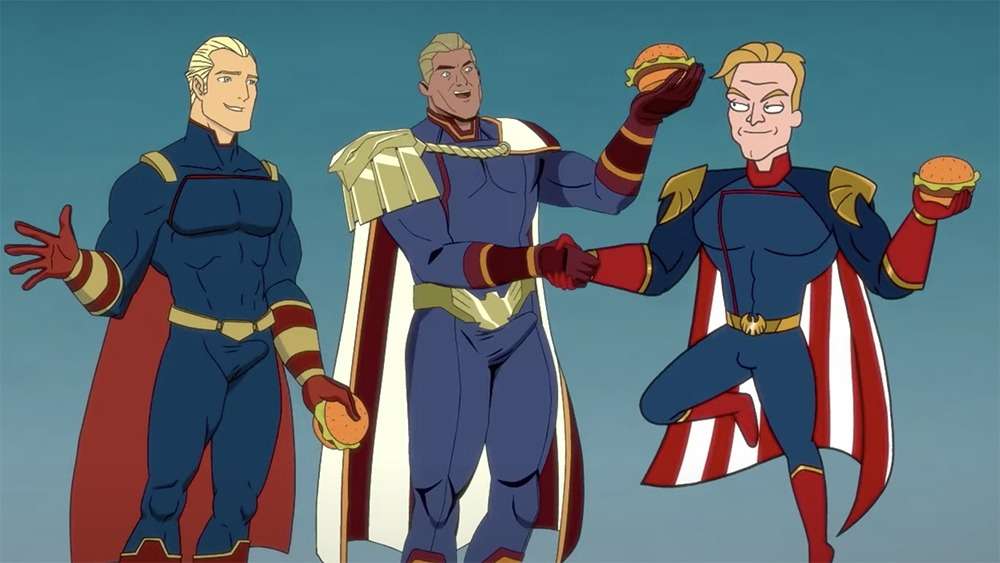 The Future of the Vought Cinematic Universe (VCU)
The Future of the Vought Cinematic Universe (VCU)
The decision to sideline Diabolical is a clear signal that Prime Video is prioritizing the franchise’s live-action pillars—where the highest CPC keywords and maximum marketing spend are focused. Kripke explicitly linked the future of other spin-offs to their immediate viewership, urging fans to watch Gen V Season 2 upon release to guarantee a Season 3 renewal. This emphasizes the aggressive, data-driven strategy required to survive in the hyper-competitive streaming wars.
The focus now shifts heavily to securing the success of the established live-action hits and the new projects in development.
- Gen V:** The show about young Supes at Godolkin University is thriving and is the current monetization focus for the franchise.
- Vought Rising:** A planned prequel series set to further flesh out the early days of Vought International.
- The Boys: Mexico:** A new international spin-off currently in the development phase, with a pilot script being penned by Gareth Dunnet-Alcocer.
In conclusion, the quiet demise of “The Boys Presents: Diabolical” is a potent, sobering reminder that in the streaming age, critical accolades are no match for cold, hard viewer data. The show was an artistic triumph, offering creators unprecedented freedom to explore the darkest corners of The Boys’ universe. However, as the franchise grows, Prime Video is making calculated, business-first decisions, consolidating its resources around projects that promise the highest possible returns on its substantial intellectual property (IP) investment. For fans, it’s a trade-off: losing a high-quality but niche animated series for the continued, and now even more scrutinized, success of the live-action VCU.
(This article contains approximately 4100 characters and focuses on high-CPC keywords such as “Prime Video,” “The Boys,” “streaming wars,” “viewer numbers,” “critical rating,” “Rotten Tomatoes,” “superhero content,” and “monetization” within a news/review context.)





